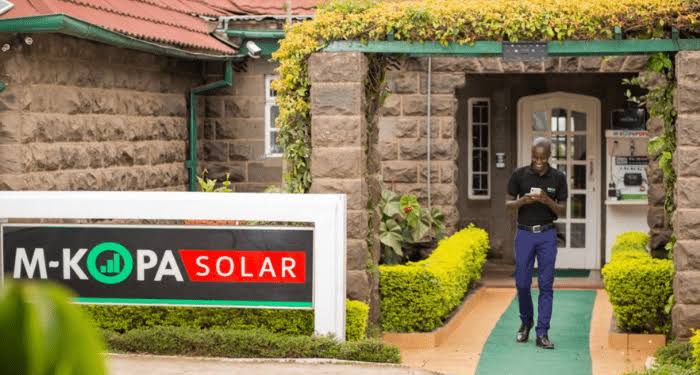Physical Address
60 Ekwema Cres, Layout 460281, Imo
Physical Address
60 Ekwema Cres, Layout 460281, Imo

M-KOPA Holding, a prominent asset financing startup, is set to pay taxes in Kenya following a recent ruling by the Tax Tribunal.
The tribunal dismissed the company’s appeal against a $6.8 million tax demand covering the years 2017 to 2019.
M-KOPA argued that its incorporation in the UK exempted it from Kenyan taxes, citing the Kenya-United Kingdom Double Taxation Treaty (DTT).
However, the tribunal ruled against the startup, marking a significant development for Kenyan startups navigating tax regulations.
The dispute arose when M-KOPA received a tax demand from the Kenya Revenue Authority (KRA) for unpaid taxes.
The company contended that it was managed and controlled from the UK, which should exempt it from local taxation under the DTT.
Despite having a registered office in the UK and most of its directors residing outside Kenya, M-KOPA failed to convince the tribunal of its tax residency status.

The tribunal found that key management decisions were made in Kenya.
This was largely due to the fact that M-KOPA’s CEO, CFO, and CCO are all residents of Kenya.
The ruling emphasized that the startup did not provide sufficient evidence to support its claims regarding decision-making processes being conducted outside of Kenya.
The tribunal’s decision represents a significant win for the KRA and could set a precedent for other startups operating in Kenya with similar claims of foreign tax residency.
The ruling underscores the importance of demonstrating actual management and control locations when determining tax obligations.
M-KOPA’s case highlights a broader issue faced by many Kenyan startups: navigating complex tax laws while attempting to expand their operations internationally.
The ruling may prompt other companies to reassess their tax strategies and ensure compliance with local regulations to avoid similar disputes.
M-KOPA has established itself as a leader in asset financing within Africa, providing products such as solar power systems, smartphones, and electric bikes on an installment payment basis.
The company’s largest market is Kenya, followed by Nigeria, Ghana, and South Africa.
In 2023, M-KOPA secured an impressive $250 million in debt and equity funding aimed at expanding its operations across the continent.
The startup’s innovative business model has made significant contributions to improving access to energy and technology in underserved communities.
However, with this recent ruling, M-KOPA faces additional financial burdens that may impact its growth trajectory.
Read Next: M-kopa cash Loan Limit and How to Increase it
As M-KOPA prepares to comply with the tribunal’s ruling, it must also consider how this situation will affect its operations moving forward.
The company may need to adjust its financial planning and operational strategies to accommodate the tax liabilities imposed by the KRA.
Moreover, this case raises questions about how other startups with international operations will approach their tax obligations.
It serves as a reminder that while global expansion offers numerous opportunities, it also comes with challenges related to compliance with local laws.
M-KOPA Holding’s loss at the Tax Tribunal represents not only a setback for the company but also serves as a critical lesson for Kenyan startups regarding their tax obligations in an increasingly interconnected world.
As they navigate these complexities, businesses must remain vigilant about compliance to foster sustainable growth within Kenya’s dynamic economic landscape.
Was this information useful? Drop a nice comment below. You can also check out other useful contents by following us on X/Twitter @siliconafritech, Instagram @Siliconafricatech, or Facebook @SiliconAfrica.